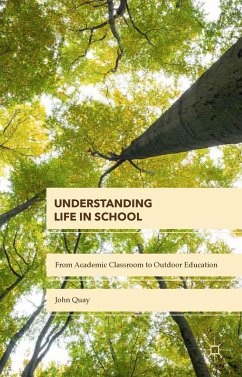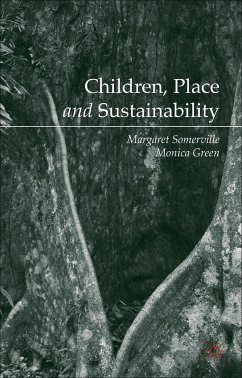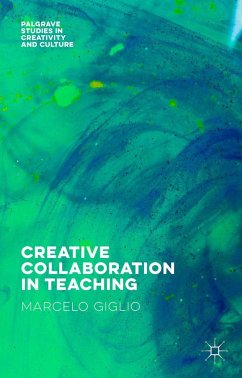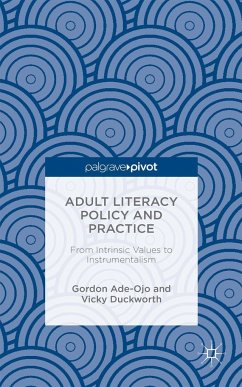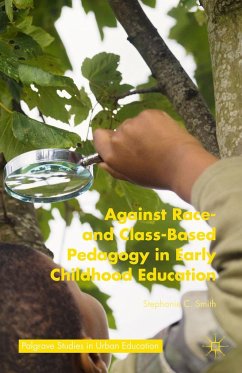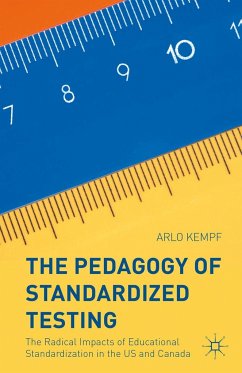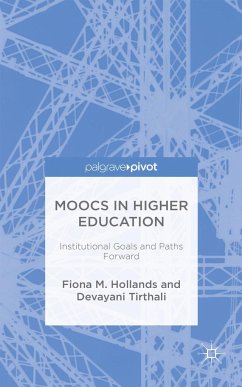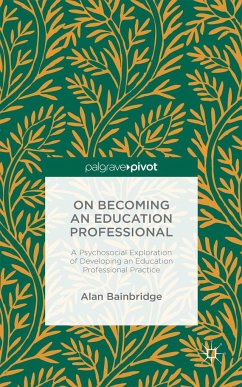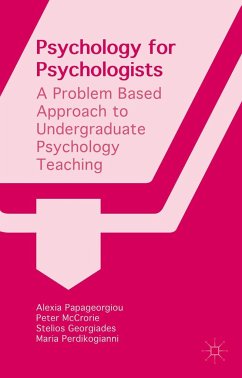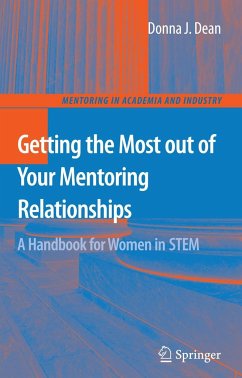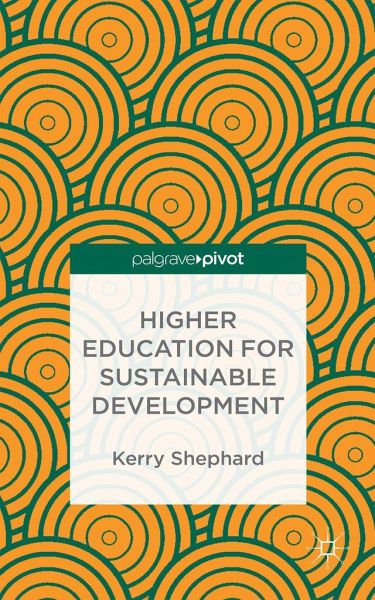
Higher Education for Sustainable Development

PAYBACK Punkte
19 °P sammeln!
This book asks how higher education should approach the task of educating for sustainability and then sets to answering it. It provides a guide for those who advocate for sustainability and for those who do not and makes a point of emphasising that all in higher education have the capacity and willingness to contribute in some way. The challenge is to find an approach that unifies the efforts of higher education teachers towards sustainability objectives, rather than dividing them. People at universities across the world were consulted and a grounded theory was devised. This encourages all uni...
This book asks how higher education should approach the task of educating for sustainability and then sets to answering it. It provides a guide for those who advocate for sustainability and for those who do not and makes a point of emphasising that all in higher education have the capacity and willingness to contribute in some way. The challenge is to find an approach that unifies the efforts of higher education teachers towards sustainability objectives, rather than dividing them. People at universities across the world were consulted and a grounded theory was devised. This encourages all university teachers to teach what they want to teach openly and honestly, about sustainability or not; but on the way to ensure that their students develop the critical skills that will enable them to fully understand what is being taught and what they are learning.



